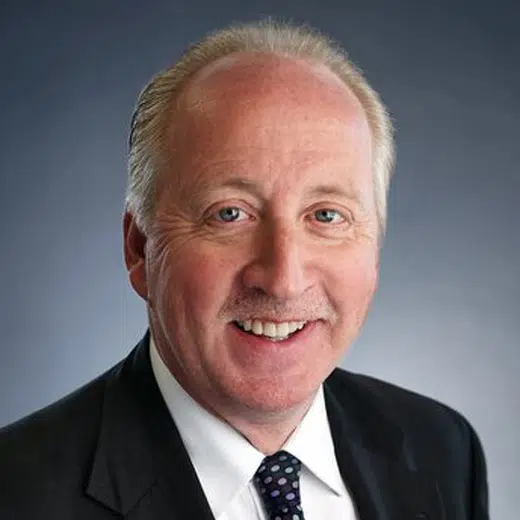By Philip Pullella
ROME (Reuters) – A Ukrainian and a Russian woman took part in Pope Francis’ Good Friday “Way of the Cross” service, but the meditation they wrote was scrapped after Ukrainians protested, saying the war made it inopportune.
The traditional Via Crucis procession at Rome’s Colosseum had become embroiled in controversy earlier this week when the programme showed that the two friends, a nurse and a student nurse at a Rome hospital, would take part.
The candlelight service consists of the 14 Stations of the Cross, stages between the condemnation of Jesus to death and his burial. It is often customised so that those who carry the cross from one station to the next reflect world events.
Major Archbishop Sviatoslav Shevchuk, head of Ukraine’s Byzantine-rite Catholic Church, called their inclusion inopportune and ambiguous because it did not “take into account the context of Russia’s military aggression against Ukraine”.
The original text of the meditation the two women had written spoke of death, loss of values, rage, resignation, and reconciliation despite bombings.
Shevchuk said the text, which had been approved by the Vatican, was “incoherent and even offensive, especially in the context of the expected second, even bloodier attack of Russian troops on our cities and villages”.
Ukraine’s ambassador to the Vatican, Andrii Yurash, also expressed his unease.
On Friday night, the original text of some 200 words was replaced with two sentences: “Faced with death, silence is the most eloquent of words. Let us all paused in silent prayer and each one pray in their hearts for peace in the world”.
The crowd of several thousands people then fell silent for about as long as it would have taken to read the original, longer meditation.
Francis sat and watched the procession sitting on white chair.
In his own final prayer, he asked God to allow “adversaries to shake hands so they can taste mutual forgiveness, to disarm the hand raised by a brother against a brother, so that concord can spring from where there is now hate.”
Since the war began, Francis has only mentioned Russia explicitly in prayers, such as during a special global event for peace on March 25. But he has made clear his opposition to Russia’s actions, using the words invasion, aggression and atrocities.
Moscow calls it actions in Ukraine a “special military operation” designed not to occupy territory but to demilitarise and “denazify” the country. Francis has implicitly rejected this definition.
The War in Ukraine is expected to continue to cast a shadow over the pope’s remaining Holy Week activities.
On Saturday evening Francis will lead an Easter Vigil Mass in the basilica.
On Easter Sunday, the most important day in the Christian liturgical calendar, he will say Mass in St. Peter’s Square and then deliver his twice-yearly “Urbi et Orbi” (to the city and the world) message and blessing.
(Reporting by Philip Pullella; Editing by Nick Zieminski)




